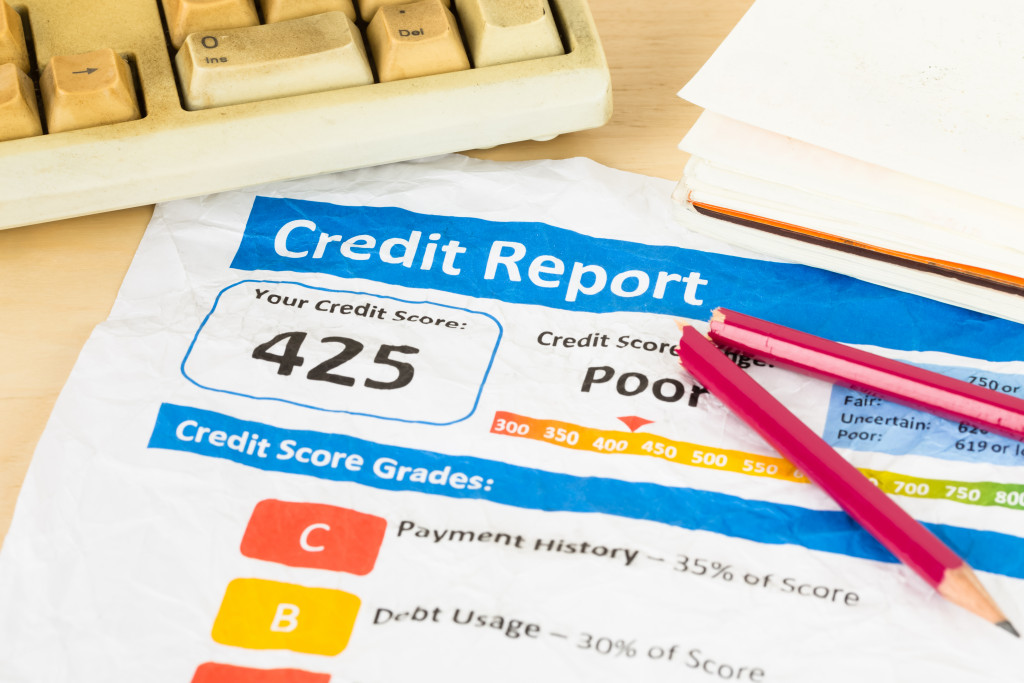Your credit score is one of the most critical numbers in your life. It can affect everything from the interest rate you pay on a car loan to the amount of rent you’re charged for your living quarters. A high credit score makes you a low-risk borrower, saving you money in the long run.
If your credit score needs some improvement, there are several things you can do to boost it. Here are some tips to get started.
1. Check your credit report for errors.
One of the first things you should do if you’re trying to improve your credit score is to order a copy of your credit report and check it for errors. You’re entitled to one free report from the three major credit bureaus annually, so take advantage of that. When checking for errors, look for incorrect account balances, late payments that you made on time, and accounts that aren’t yours.
If you find any errors, dispute them with the credit bureau. This can be time-consuming, but it’s worth it if it boosts your credit score. You can also hire a credit repair company to handle the dispute process for you. They typically charge a monthly fee, but it may be worth it if they can get errors removed from your report.
2. Make your payments on time.
One of the most significant factors in your credit score is your payment history. Lenders want to see that you’re consistent in making your payments on time, so late payments can significantly impact your score. If you have any late fees, try to get them removed by contacting the creditor and asking them to remove the late payment from your report.
For example, when applying for a home loan, the bank will check your credit score and payment history to determine if you are a high-risk borrower. Because buying a house is such a big financial commitment, lenders want to ensure you’re likely to repay the loan. If you have late payments on your credit report, the bank may be less likely to approve your loan, or they may give you a higher interest rate.
3. Use a credit monitoring service.
Credit monitoring services can help you keep track of your credit score and get alerts when there are changes to your report. This can be helpful if you’re trying to improve your credit score because you can get alerted as soon as there are any changes to your report. This way, you can take steps to correct any errors quickly.
Monitoring your credit score can also help you catch identity theft early. If someone opens an account in your name, it can quickly lower your credit score. By monitoring your score, you can catch this type of fraud early and take steps to fix it.

4. Reduce your credit card balances.
Your credit utilization ratio is the amount of debt you have compared to your credit limit. For example, your credit utilization ratio is 50% if you have a credit card with a $1,000 limit and owe $500.
Ideally, you want to keep your credit utilization ratio below 30%. This shows lenders that you’re using your credit responsibly and not maxing out your cards. You can lower your credit utilization ratio by paying down your balances or asking for a higher credit limit if you have a high credit utilization ratio.
But beware, if you have a lot of credit cards with high balances, this could hurt your score. That’s because it can signal to lenders that you’re in over your head with debt. If you have a lot of credit card debt, it may be better to focus on paying it down before you try to improve your credit score.
5. Keep old accounts open.
A less obvious way to improve your credit score is to keep old accounts open, even if you don’t use them. That’s because the length of your credit history makes up 15% of your credit score. So, the longer your history, the better.
If you have an old credit card that you don’t use, consider keeping it open and using it sparingly to keep your account active. You can also set up automatic payments, so you don’t have to worry about making a payment each month. This can help you avoid late fees, hurting your credit score.
6. Use a secured credit card.
Finally, if you have bad credit, you may want to consider using a secured credit card. This card type requires a deposit, which acts as your credit limit. For example, if you deposit $500 into a secured credit card account, your credit limit will be $500.
A secured credit card can help you rebuild your credit because it reports to the credit bureaus like a regular credit card. But unlike a standard credit card, you’re not at risk of overspending and damaging your credit score.
There are several things you can do to improve your credit score. But remember that it takes time to build up your credit history. So, don’t expect it to improve overnight. If you keep at it and use credit responsibly, you can gradually increase your credit score over time. Always pay your bills on time and keep your balances low, and you’ll be on your way to a better credit score.
